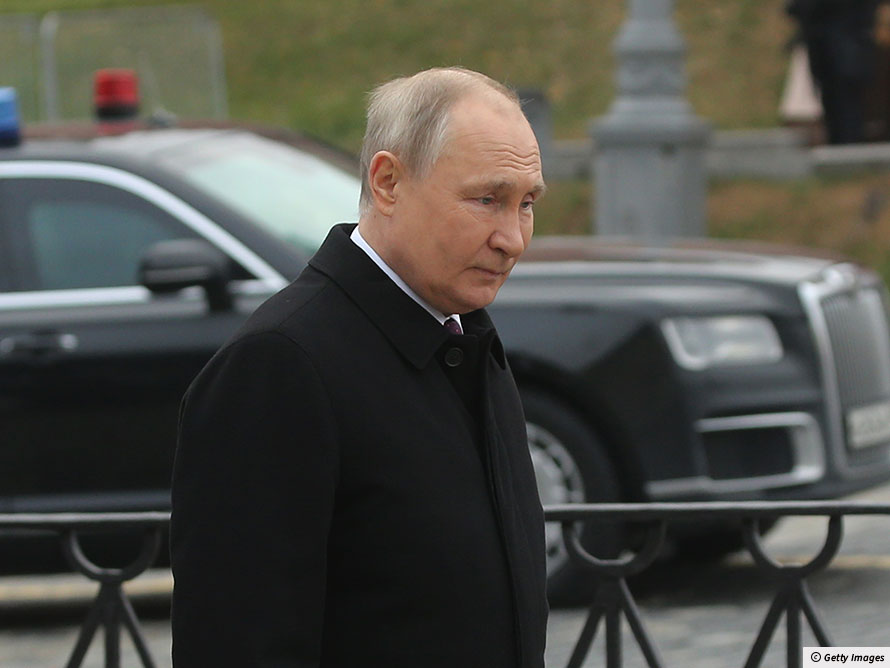Has Putin fallen into a trap? On the surface, the Russian leader looks more secure than ever. But some experts think this masks inner tensions that could still bring him down.
‘Messy’ democracy beats despots say experts
 A new Stalin? : After 24 years Vladimir Putin prolonged his regime for six more yesterday.
A new Stalin? : After 24 years Vladimir Putin prolonged his regime for six more yesterday. Glossary
Exit poll - An opinion poll released on election night itself, based on responses from voters emerging from polling stations. They are generally the most accurate opinion polls.
Vladimir Putin - Russia’s ruler since 2000. He is a strong opponent of the West.
Coup - When an individual or group takes control of government by illegal means, including by violence.
Alexei Navalny - A well-known opposition leader in Russia and critic of Vladimir Putin, who died in prison in 2024 at the age of 47.
Dictatorships - A form of government in which one person possesses all the power without any limits.
Democracies - Countries which have a system of government based on the idea of rule by the people.
Autocracies - Countries run by one person or small group with complete power.
Authoritarianism - A form of government in which individual freedoms are severely limited by government power. Examples include Nazi Germany, Khmer Rogue Cambodia and contemporary China.
Paranoid - Believing, often with no solid basis, that you are being harassed, betrayed or persecuted by others.
